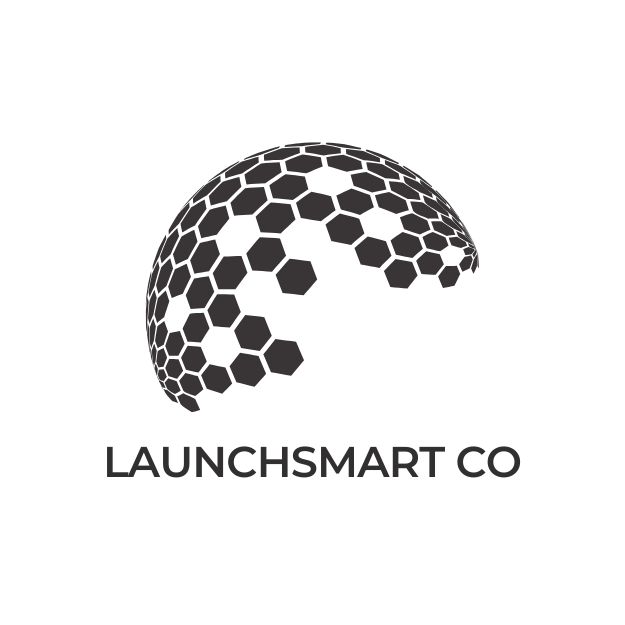Table of Contents
ToggleIn a world where instant gratification reigns supreme, the supply chain is the unsung hero working tirelessly behind the scenes. It’s like the magician in a magic show—nobody notices until something goes wrong. But fear not! Emerging technologies are stepping onto the stage, ready to dazzle and transform the way goods move from point A to point B.
Overview of Supply Chain Technologies
Emerging technologies are reshaping supply chain processes significantly. Artificial Intelligence (AI) enhances decision-making by providing data-driven insights, enabling companies to predict demand and react swiftly. Blockchain technology increases transparency by documenting transactions securely, fostering trust among partners. Advanced analytics leverage big data to optimize operations and identify inefficiencies, which leads to cost reductions and improved customer service.
Robotics play a pivotal role in automating repetitive tasks, enhancing efficiency in warehouses and distribution centers. Drone technology emerges as a viable solution for last-mile delivery, reducing shipping times considerably. Internet of Things (IoT) devices collect real-time data on inventory levels and shipment status, allowing for proactive management and minimizing losses.
Cloud computing offers scalable solutions that facilitate collaboration among supply chain players. Using cloud platforms improves data accessibility and sharing, streamlining communication and coordination across multiple locations. Furthermore, 3D printing changes production dynamics by enabling on-demand manufacturing, which decreases lead times and inventory costs.
Augmented Reality (AR) provides immersive training experiences and assists in maintenance operations. With AR, workers can visualize product assembly processes, reducing errors and enhancing productivity.
Lastly, machine learning algorithms improve forecasting accuracy over time by learning from historical data. Implementing these technologies leads to a more agile and responsive supply chain, effectively addressing the complexities of modern market demands.
Key Emerging Technologies
Emerging technologies transform supply chain operations, enhancing efficiency and responsiveness. Several key innovations are making significant impacts.
Artificial Intelligence and Machine Learning
Artificial Intelligence (AI) optimizes decision-making through powerful data analysis. Machine learning algorithms identify patterns, helping companies improve forecasting accuracy. Companies leverage AI to enhance customer service by predicting demand trends, leading to better inventory management. It reduces the risk of stockouts and overstock situations. As data inputs increase, algorithms refine their predictions, providing ongoing improvements in operational efficiency.
Internet of Things (IoT)
The Internet of Things (IoT) connects devices to gather real-time data. Sensors track inventory levels and shipment status, giving managers insights for proactive supply chain management. Visibility improves throughout the supply chain, minimizing losses and enhancing transparency. Companies can respond quickly to disruptions, ensuring a more fluid operation. Implementing IoT technology leads to significant gains in efficiency and customer satisfaction.
Blockchain Technology
Blockchain technology enhances supply chain transparency and security. It creates immutable records of transactions, fostering trust among stakeholders. Companies can verify the origin and journey of products through a secure, decentralized ledger. This traceability minimizes fraud and ensures compliance with regulations. Additionally, blockchain streamlines operations by reducing paperwork and manual reconciliations, further enhancing efficiency.
Impact on Supply Chain Efficiency
Emerging technologies significantly boost supply chain efficiency. These advancements streamline operations and enhance overall performance.
Enhanced Data Analytics
Artificial Intelligence and machine learning revolutionize data analytics in supply chains. Companies harness insights from vast datasets, enabling better decision-making. Predictive analytics forecast demand accurately, which minimizes inventory shortages. Businesses respond faster to market changes thanks to real-time insights that pinpoint inefficiencies. Enhanced analytics, therefore, lead to optimized operations and reduced costs across the supply chain.
Improved Visibility and Transparency
Blockchain technology transforms visibility in supply chains. Secure transaction documentation fosters trust among partners and ensures compliance. Companies track products seamlessly and identify bottlenecks swiftly. IoT devices collect real-time data, improving inventory management and shipment tracking. Increased visibility enhances overall responsiveness and elevates customer satisfaction, creating a more resilient supply chain.
Challenges of Implementing Emerging Technologies
Implementing emerging technologies in the supply chain faces several challenges. These issues can hinder the seamless integration of new systems and processes.
Integration Issues
Integration challenges stem from the need to merge various technologies into existing infrastructures. Systems often lack compatibility, which complicates data sharing among stakeholders. Organizations that utilize legacy software find it particularly difficult to adopt new technologies. Different platforms may lead to gaps in real-time visibility, negatively impacting decision-making processes. The resistance of employees to change can also slow integration efforts. Ensuring effective collaboration among different teams remains crucial for overcoming these hurdles.
Cost Considerations
Cost considerations present a significant barrier to adopting emerging technologies. Initial investments for new systems can be substantial, especially for small and medium enterprises. Budget constraints influence decisions about which technologies to implement first. Ongoing maintenance and upgrade expenses can add to financial strain. Understanding the long-term benefits of these technologies becomes essential for justifying the upfront costs. Stakeholders must evaluate potential returns on investment to determine the most impactful technologies for their specific supply chains.
Emerging technologies are transforming the supply chain landscape by enhancing efficiency and responsiveness. As companies adopt AI machine learning blockchain and IoT they’re not just improving operations but also elevating customer satisfaction. These innovations provide the tools needed to navigate the complexities of modern market demands while fostering transparency and trust among partners.
However the journey to implement these technologies isn’t without challenges. Organizations must carefully consider integration costs and employee adaptation to fully realize the benefits. By strategically investing in the right technologies they can build a more resilient supply chain ready to meet the ever-evolving expectations of consumers. The future of supply chain management lies in these advancements paving the way for smarter and more agile operations.



